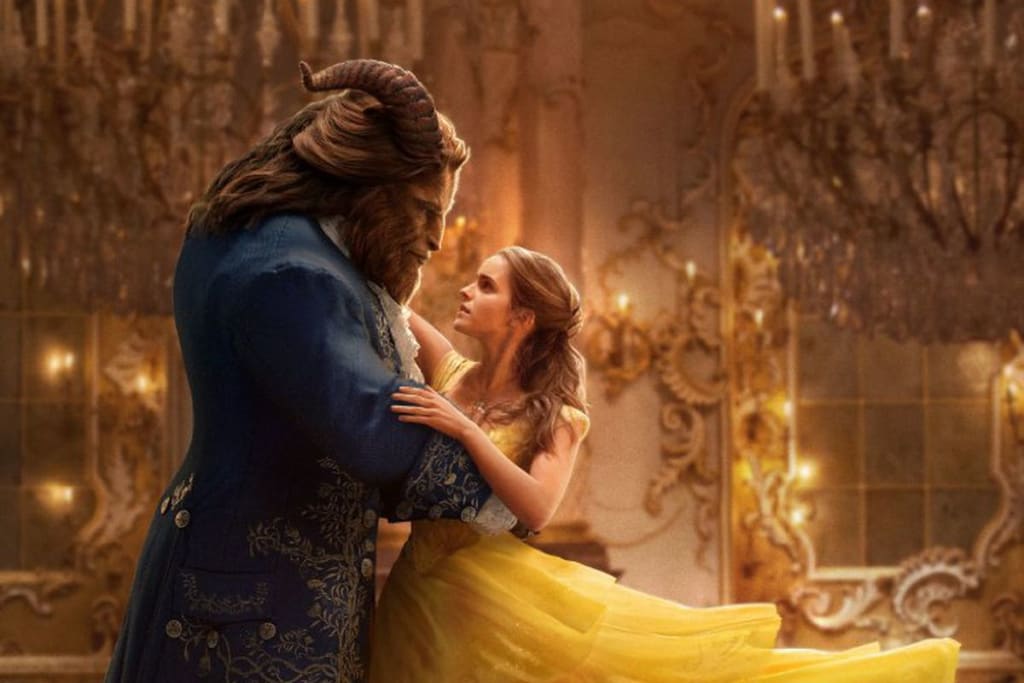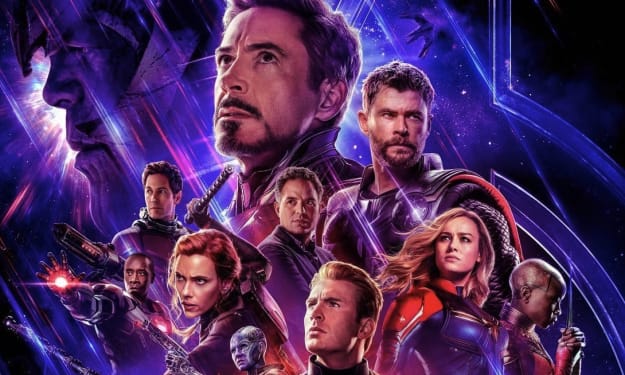Disney Live-Action
The problem and why the critics are right (for once)

There’s been lots of talk over the Lion King remake as well as Cats since, unlike things like The Jungle Book, they feature entirely animal casts. Which really means it’s an entirely CGI cast.
Both the movies are wholly manufactured, just 3D renderings and animation.
Both revivals focus on this idea of realism, this idea that The Lion King can be equally portrayed by animals and realistic (rather than 2D animated) expressions.
The Cats movie similarly strips the originality and detail from the original costumes and designs. Instead, it glosses over the characters with CGI to make them look almost like real cats, but more like the workings of someone who sort of knows what a cat is, but has never really seen one. In short, it’s a grotesque idea.
All of this is the obvious result of realism as the pinnacle of art, especially realism as the pinnacle of film.
We expect to see cartoons in kids media and on television. We expect stylized pictures and physical art that focuses on expressionism or something other than hyperrealism.
But over the passed decade, animation in films has transitioned into primarily 3D rendered animation: into CGI and computer generations focused entirely on realism (or something near it).
The consequences? Stripping characters of their character and stories and movie theaters of their originality.
So why do it then? Why remake classic stories in what is doomed to be a soulless production? A ghost of the originals?
Some people say it’s because of copyrights, and that the remakes are a way for Disney to preserve their characters for their own creations, keeping them from becoming public domain.
Others have pointed out that this doesn’t add up: if Disney was doing all of this for copyrights, then why now? Most the copyrights don’t run out for a while, so why kid up on all these movies right now?
So far we’ve had remakes of Cinderella, Beauty and the Beast, The Jungle Book, Aladdin, and the Lion King, with the in-process Mulan and The Little Mermaid movies. There is also the adapted Maleficent movies, Mary Poppins Returns, and Christopher Robin rounding out the live action versions.
And quite honestly, these are just all the live action Disney remakes I could think of. This doesn’t include the same concept among other production companies or any revivals I’ve forgotten.
If this was about copyright law, there would be no reason for all of these to be remade right now, since the original works would be protected for 75 years.
No, instead it seems the greater issue is one of commercialization and originality.
These points are inseparable because the decline in original content is due to a preference for monetary gain.
Instead of making new movies, new princess stories or adventure movies, we’ve moved on to an age of remakes. In the earlier 2010s we still saw original films from Disney: Brave, Frozen, Tangled, Big Hero 6, Wreck it Ralph, etc.
The same was true of decades before, creating the classic Disney movies we know and love today.
More recently though, we’ve only seen remakes of older things—or at the least MOSTLY seen remakes. And if not remakes, then continuations and movies revived to be made into series (see the Tangled series, Frozen 2, Wreck it Ralph Breaks the Internet)
This isn’t new though. It was true of straight-to-TV Disney movies, like with the older generations of princess movies. But now continuations are meant to be just as much a blockbuster as the first.
This is significant for outlining how the push for these reboots is entirely for monetary gain. If this was about continuing a story, or making a holiday version or some other reason, they would likely have the same limited release as used to be the case.
Now however, there is an over-saturation of advertising Disney revivals.
Seeking commercial appeal is also obvious in the fact these movies have been released quickly in more recent years. Releasing them in bunches allows them to appeal to younger audiences who might not watch the original films, now many decades old.
But it’s not just about sharing a story. It’s about expanding it, trying to make it modern and progressive for the sake of doing so and expanding the audience. And that is in no way a jab about casting or race—criticisms many have aimed at The Little Mermaid remake.
What I am referring to is how in the live-action Aladdin, Jasmine was meant to have more authority and action, but lazily was given a throwaway song with repetitive lyrics and little depth to convey this.
In the live-action medium, the focus has shifted away from story and more on stardom and spectacle.
The effects and the idea that live-action is more impressive or time consuming is meant to hide the laziness and inconsistency in theme. It’s meant to hide ways characters and plot points have been reworked. It’s meant to hide that all the charm and nostalgia isn’t there anymore.
About the Creator
E.A. Forster
A fan of literature and cinema, following civil rights and the LGBT+ community. History enthusiast, artist, writer, and journalist.






Comments
There are no comments for this story
Be the first to respond and start the conversation.